Facebook officially announced a facelift on Thursday. Company CEO Mark Zuckerberg declared during Facebook’s annual Connect conference that the social media conglomerate was changing its name to Meta. Hebrew speakers quickly chuckled, noting that the word “meta” is pretty close to the Hebraic word for “dead,” but no matter: Facebook’s barreling ahead.
“Right now, our brand is so tightly linked to one product that it can’t possibly represent everything that we’re doing today, let alone in the future,” he said. “Over time, I hope that we are seen as a metaverse company, and I want to anchor our work and identity on what we’re building toward.”
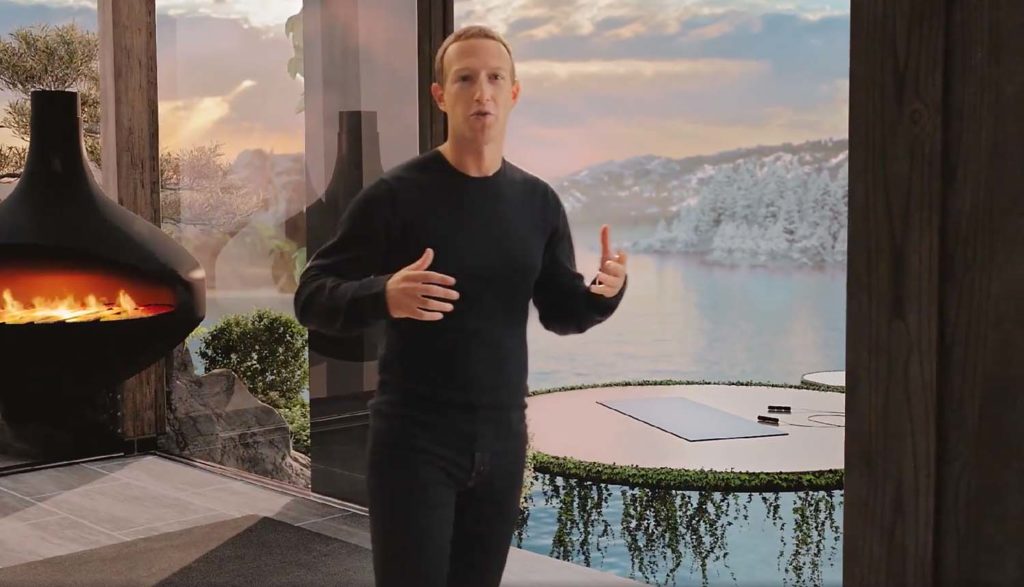
Cynics would say that Zuckerberg might be trying to distance the company from what it’s already built. The announcement comes on the heels of some really damaging revelations found in what the media is calling the Facebook Papers. We focused especially on the fact that Facebook knew that its subsidiary Instagram was damaging the mental health of teens, especially teen girls, but the papers revealed plenty of other problems, too.
Facebook itself—that is, the social media platform—won’t change its name. Instagram and FB’s other major adjuncts, including WhatsApp, will keep their names, too. Meta will simply be the company’s umbrella title, sort of like Alphabet is the entity under which Google sits.
Zuckerberg’s been pretty enamored with the whole concept of the “metaverse” for a while now, and we’ve been paying attention, too. Our own Bob Hoose did a deep dive for us on just what the metaverse is—and why Zuckerberg wanted to be a “metaverse company”—back in August.
I’d encourage you to check out that blog if you want to know more about the metaverse. But in brief, the idea is that it’d be a virtual environment, a digital world where you could meet up with people and do your shopping and play games as a 3D avatar of yourself. According to Victoria Petrock, who spoke with npr.org, “It’s the next evolution of connectivity where all of those things start to come together in a seamless, doppelganger universe, so you’re living your virtual life the same way you’re living your physical life.”
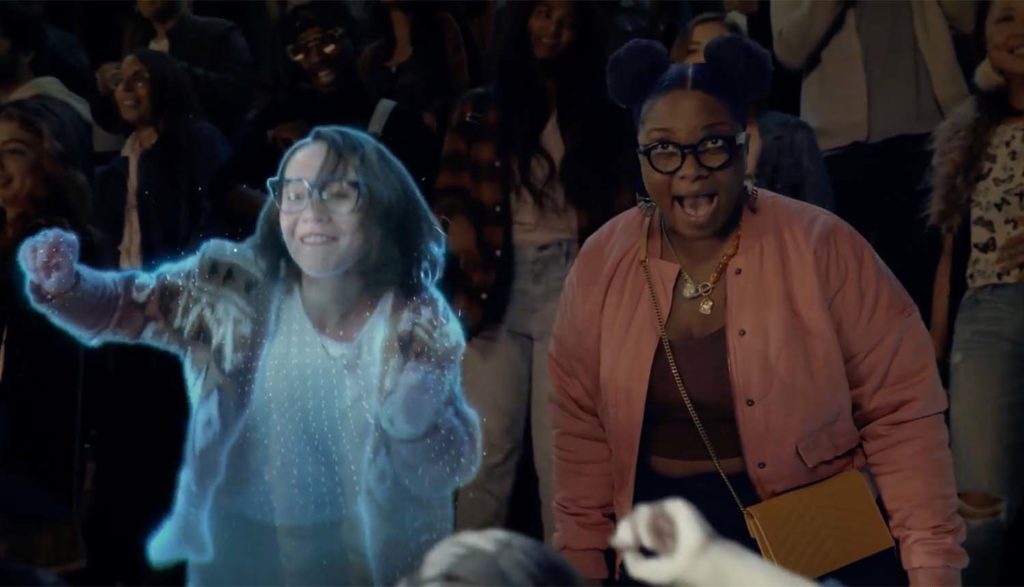
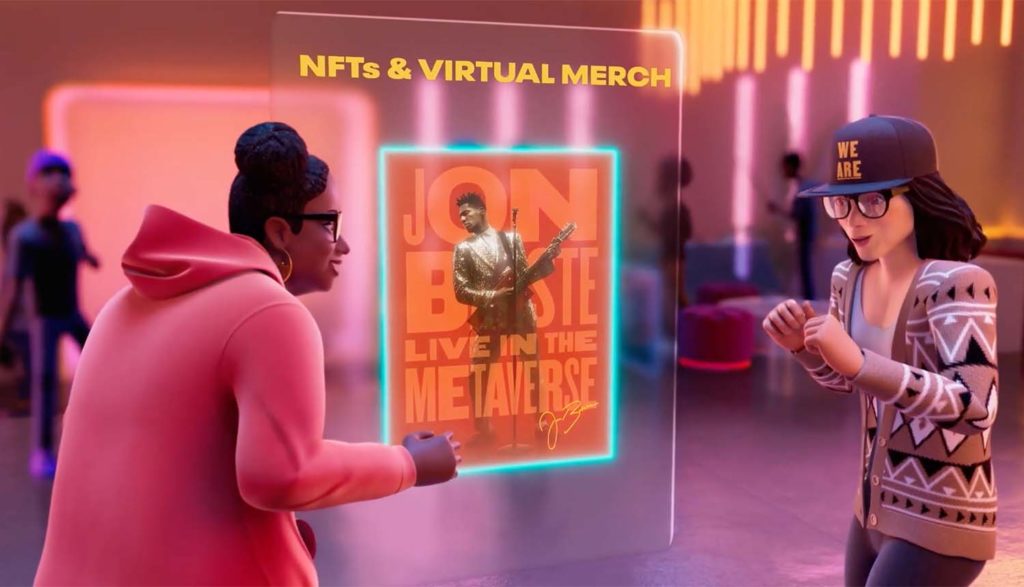
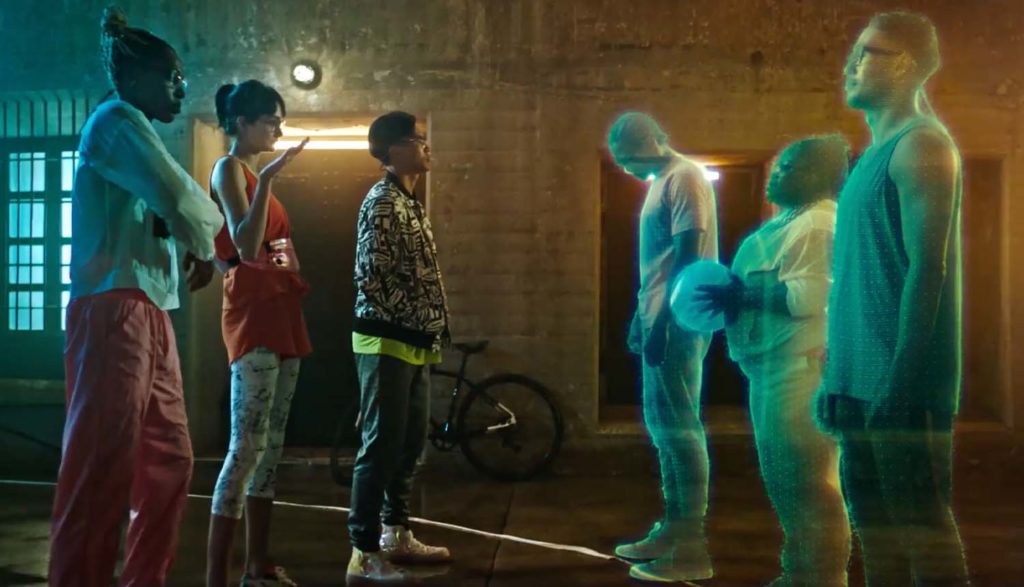
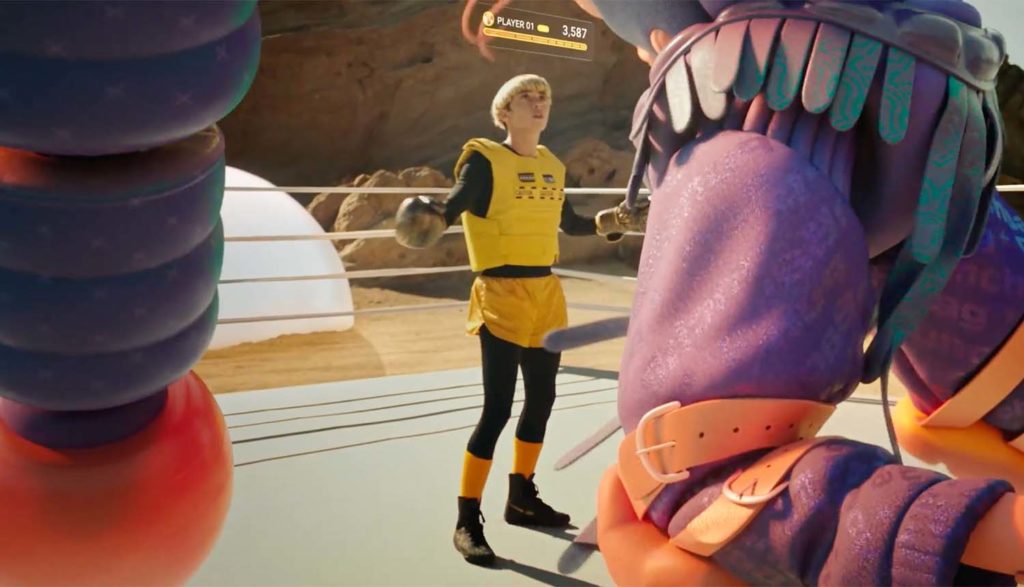
Zuckerberg’s Ideas for Meta
Top left: Concert-goers attend in person and virtually. Top center: A virtual party allows anyone to attend as their avatars. Top right: Friends play basketball with a combo of virtual effects and reality. Left: A teenager enters a video game. Right: Meta creates an interactive, virtual workspace.

Now, obviously Facebook/Meta’s move toward the metaverse comes with plenty of problems, both philosophical and practical.
On the practical side, let’s remember that many of Facebook’s current scandals are wrapped up in how the company makes money: It allows its users to utilize its services for free, but it mines scads of personal data that it then uses for its own purposes (including selling that information so that it can target ads to you more effectively). Experts warn that the metaverse may unlock exponentially more of that information and pour it into Meta’s hands.
And while we have no idea what the metaverse will actually look like, it seems to me that pushing more of your life into a digital space would exacerbate a lot of the problems we find both in real life and social media. We all know what real-world bullying looks like; we’ve come to know the horrors of cyberbullying. Now, if the metaverse comes to fruition, how many kids could find a whole new world in which they might be mocked and abused and ignored? And if parents struggle to limit kids’ screen time now, how much greater might this issue become if Zuckerberg’s metaverse vision comes to fruition?
Zuckerberg’s hardly the only tech CEO interested in the metaverse. Microsoft, chipmaker Nvidia and others are poking around the concept, too. But the whole thing creeps me out a little.

Last night, as I was handing out candy to trick-or-treaters, I was also watching The Curse of Frankenstein, a 1957 horror flick based, of course, on Mary Shelley’s famous book Frankenstein. You know the broad outline of the story: A brilliant young scientist decides to create life from a bunch of dead body parts. And he succeeds. But he loses control of his creation with tragic results. And, as the trailer so boldly spoils, “Now the monster was the master.”
The metaverse isn’t meant to be man-created man, but a man-created world. We’ve seen, through the Facebook Papers, what happens when a supposed social media master loses control of his creation. Now, Mark Zuckerberg is asking to trust him again. And I wonder what this creature will look like.



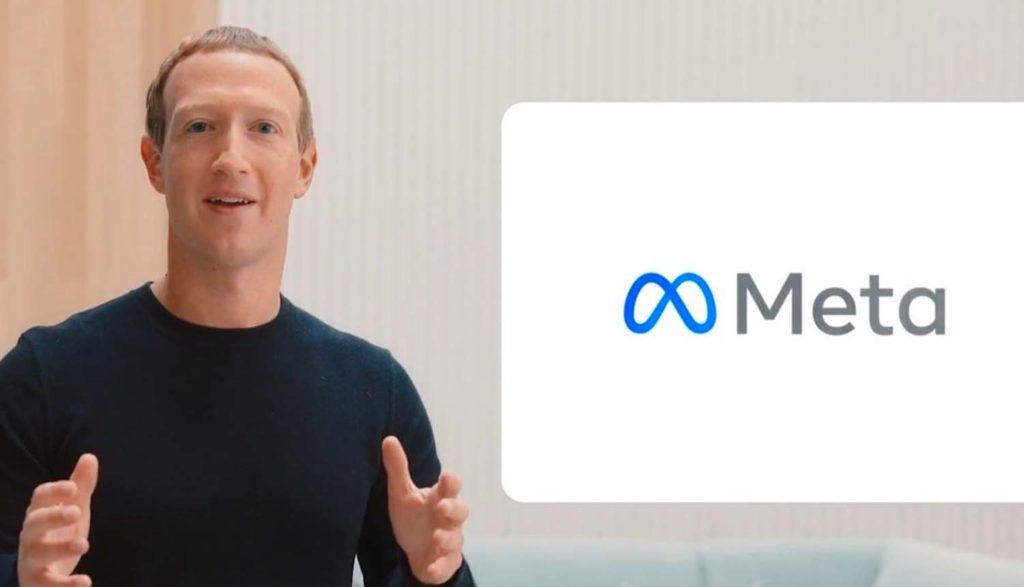



3 Responses
-Should have been renamed “Matrix”.
-“The Matrix Has You,” Mr. Anderson.
Oh, and Paul, “Heavy Meta” is one of the most enjoyable puns I’ve ever heard this site make. Kudos.
-Awww … too kind. Thanks.